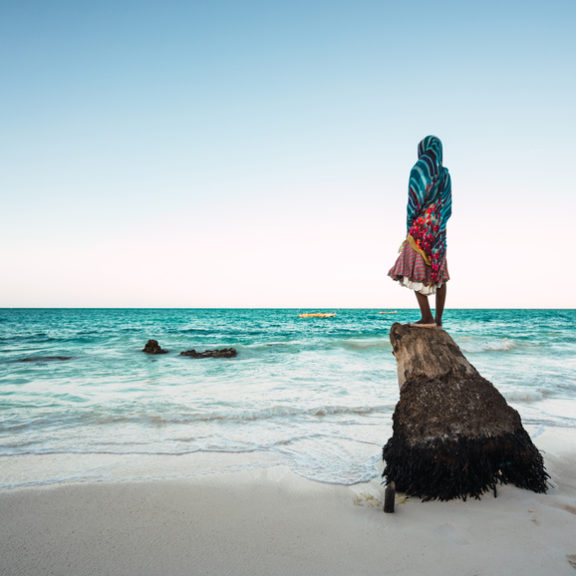Mythical struggles are the tool of the despot
The images emerging from Bucha are haunting. Dead civilians line the streets, many with their hands bound behind their backs. They are the victims of systematic executions, left to rot before the Russians decided to retreat.
Reports of such atrocities always strike a chord across Western Europe and North America. They played a key part in mobilising popular sentiment against Germany in 1914. They were crucial in persuading the United States to intervene in the Balkans in the Nineties. Every time, they have encouraged us to conceptualise war as a moral struggle between good and evil.
The invasion of Ukraine has been no different. It has become common for commentators in the West to compare Putin’s Russia to the ultimate evil actor of modern history, Nazi Germany. Meanwhile, Ukrainian President Volodymyr Zelenskyy is portrayed as Captain America.
Even Joe Biden appeared to endorse this Manichean contrast during his recent trip to Warsaw, describing the conflict as a struggle between the light and the dark: “Ukraine will never be a victory for Russia, for free people refuse to live in a world of hopelessness and darkness.” The Pope also used similar language on his trip to Malta last weekend, declaring that “from the east of Europe, from the land of the sunrise, the dark shadows of war have now spread”.
I don’t disagree. When an invading army uses rape as a weapon of war and mercilessly bombs civilians in a theatre, what better word than evil can we use?
